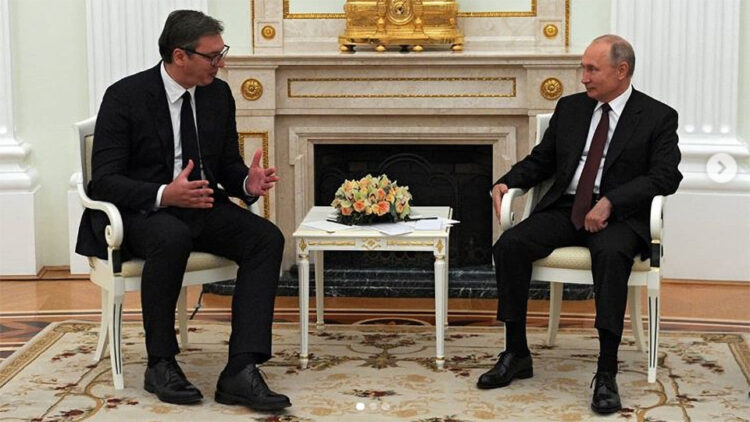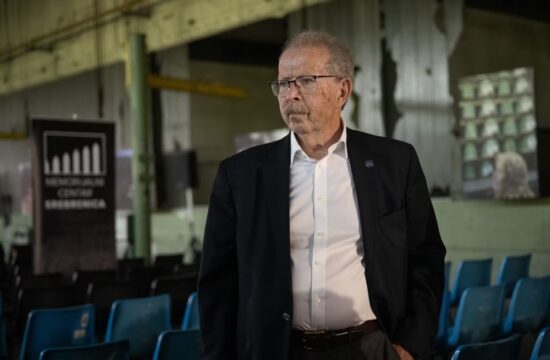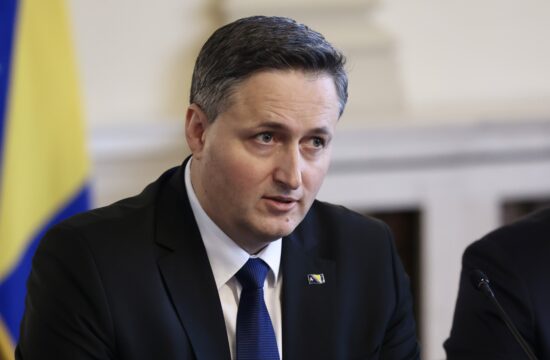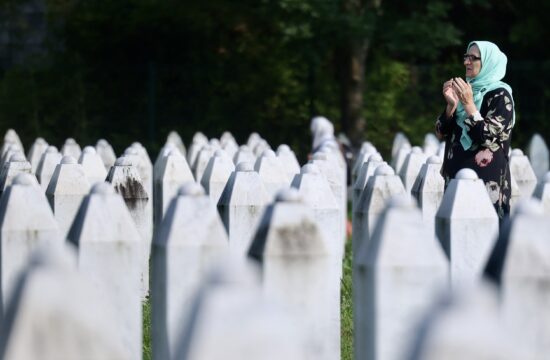
The Royal United Services Institute (RUSI) analysed the Belgrade – Moscow relationship following speculations that Serbia was slowly switching its foreign policy from the East to the West, after the meetings at the White House on the economic ties between Serbia and Kosovo on September 4, which included some sensitive political topics as well.
“After an undiplomatic statement by the Russian Foreign Ministry spokesperson about the Serbian President, Moscow apologised to Belgrade. Was this an isolated incident or a sign of a deeper rift between Russia and Serbia?,” RUSI, the world's oldest independent think tank on international defence and security according to its website, asked.
It recalled the Washington meetings between Serbia's President Aleksandar Vucic and Kosovo's Prime Minister Avdullah Hoti at the White House, who, “alongside the US President Donald Trump, signed an agreement on economic normalisation between their governments, in the hope that in the future this will lead to a final political settlement.”
RUSI also reminds about “Maria Zakharova, the spokesperson for the Russian Foreign Ministry, who commented on the meeting with characteristically blunt style.“
“This episode should not be dismissed as merely Zakharova's diplomatic gaffe, for it is a sign that the Serbo–Russian partnership is on a downward spiral which began before the meeting in Washington,” the RUSI analysis said.
It added it was typical “to describe relations between Belgrade and Moscow as a traditional alliance between two Slavic and Orthodox nations, but this description is historically and geopolitically inaccurate. Serbo–Russian relations have always depended on the constellation of strategic interests and on who is in power in Belgrade and Moscow.”
“For the past three years, the partnership has been gradually declining. Beyond the fact that in both economic and military terms Serbian cooperation was more significant with the West than with Russia, Russian influence in the Balkans suffered several blows, Montenegro joined NATO in 2017, and North Macedonia followed suit earlier this year. The geographical reality of encirclement became obvious to Belgrade in July 2019 when Romania blocked Russian arms shipment to Serbia. Russia also perceives Vucic as a pragmatic opportunist, closer to the West than to Russia, unlike Serbian Foreign Minister Ivica Dacic. The warm facade is also not preventing Russia and Serbia from conducting intelligence operations against each other. In November 2019, a video appeared of a Russian intelligence officer bribing a former Serbian military officer,” RUSI said.
The full analysis read here.




